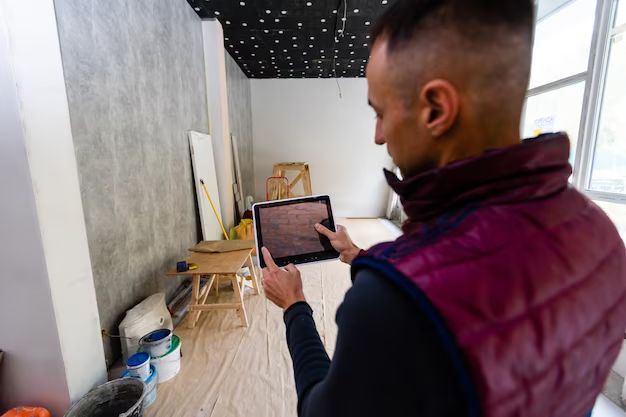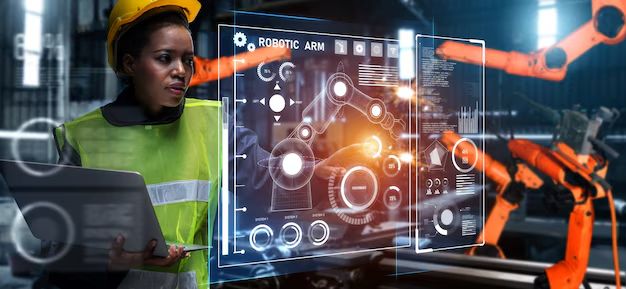Property flipping has become a popular investment strategy for earning significant returns by buying, renovating, and selling real estate. Traditionally, property flipping relied heavily on the experience and intuition of investors.
However, the future of property flipping is evolving rapidly, thanks to automation and artificial intelligence (AI). These technologies are reshaping the process, making it more efficient, data-driven, and scalable.
In this article, we’ll explore how AI and automation are revolutionizing each stage of property flipping, from property selection to renovation and sales, and how these tools can help investors boost profitability and efficiency.
Streamlining Property Selection with AI

In the past, property flippers spent countless hours researching listings, analyzing market trends, and evaluating potential properties. With the rise of AI in real estate, these tasks have been automated.
AI-powered tools can now analyze vast amounts of data, ranging from market trends to property values and neighborhood dynamics, allowing investors to quickly identify high-potential properties with the best return on investment (ROI). Automation tools also handle administrative tasks such as scheduling property viewings and managing offers, freeing up investors to focus on strategic decisions.
Optimizing Renovation with AI Technology

Once a property is acquired, AI-driven design software can play a key role in the renovation phase. These technologies analyze the property’s condition, market trends, and buyer preferences to suggest design upgrades that could maximize property value.
By simulating various renovation scenarios, AI helps investors make informed decisions about design choices and budget allocations, ultimately reducing the risk of costly mistakes.
Efficient Project Management with AI and Automation

AI is also revolutionizing project management in property flipping. Real-time tracking systems powered by AI can predict delays, monitor labour productivity, and help manage renovation costs effectively. This reduces the likelihood of unexpected expenses and delays, ensuring that projects stay on time and within budget.
AI-Powered Sales Strategies

AI is transforming how property investors approach the sales process. By analyzing demand trends and buyer behaviour, AI can recommend the best times to list properties, optimizing the sale price and increasing profitability.
Furthermore, AI tools can automate the pricing strategy, suggesting competitive listing prices based on market data. Virtual staging powered by AI enables investors to showcase fully furnished spaces, enhancing property appeal at a fraction of the cost.
Democratizing Property Flipping with Automation

The integration of AI and automation has made property flipping more accessible. Investors from anywhere can now use these technologies to make data-backed decisions, regardless of their experience or geographic location. This opens the door for new entrants into the market, creating opportunities for innovation and competition.



